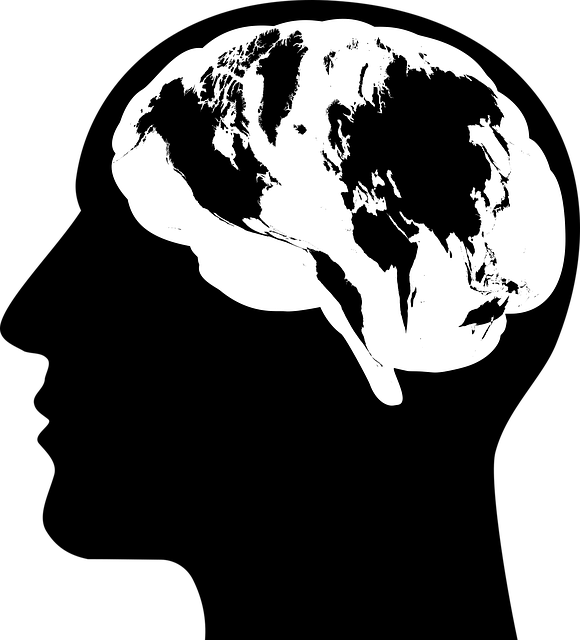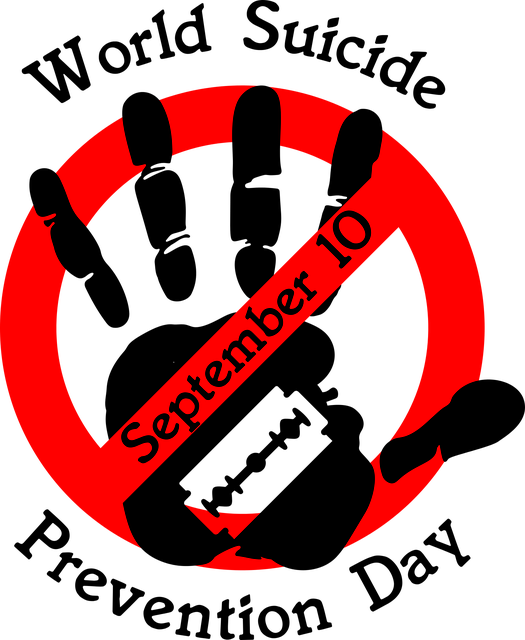Mental health crisis hotlines, like Centennial Divorce Therapy, offer 24/7 confidential support for emotional distress, including suicide prevention and acute stress management. They provide coping strategies, risk assessment, and mindfulness techniques through trained professionals. Centennial Divorce Therapy specializes in helping individuals navigate divorce-related mental health crises with tailored therapy sessions and mental wellness journaling exercises, promoting self-care and emotional intelligence. Accessing these services is a crucial step for managing difficult times, overcoming stigma, and empowering individuals to take control of their mental well-being.
In today’s fast-paced world, mental health crisis hotline support services play a vital role in assisting individuals navigating turbulent emotions. This article explores the critical function of these hotlines, with a specific focus on how Centennial Divorce Therapy contributes to crisis support. We’ll delve into accessing these services effectively, common challenges faced by seekers, and the training required for volunteers. Understanding these aspects is crucial in ensuring everyone has access to necessary mental health resources.
- Understanding Mental Health Crisis Hotlines
- The Role of Centennial Divorce Therapy in Crisis Support
- Accessing and Utilizing these Services Effectively
- Common Challenges Faced by Individuals Seeking Help
- Training and Resources for Support Line Volunteers
Understanding Mental Health Crisis Hotlines

Mental health crisis hotlines are vital resources designed to offer immediate support and guidance during intense emotional or psychological distress. These 24/7 services provide a safe, confidential space for individuals experiencing a mental health crisis, including suicidal ideation, depression, anxiety, or acute stress. Centred around the concept of accessibility, they allow people to connect with trained professionals who can offer immediate assistance, share coping strategies, and direct them towards appropriate long-term solutions, such as therapy or counselling.
Unlike traditional therapy sessions, hotlines focus on crisis intervention and risk management planning for mental health professionals. They often employ techniques like mindfulness meditation to help individuals calm down and gain perspective. Additionally, some hotlines provide resources for mental wellness journaling exercises, enabling people to track their emotions and progress over time. These services play a crucial role in supporting folks during moments of vulnerability, promoting resilience, and encouraging them to seek further professional care when needed.
The Role of Centennial Divorce Therapy in Crisis Support

Centennial Divorce Therapy plays a pivotal role in crisis support, offering specialized guidance for individuals navigating turbulent mental health landscapes. Their expertise lies in helping clients unravel complex emotions often associated with divorce or separation, providing an essential safe space for expression and healing. Through tailored therapy sessions, they assist folks in cultivating mental wellness journaling exercises as coping mechanisms, fostering emotional intelligence and empowering them to overcome burnout prevention challenges.
This supportive environment encourages individuals to confront their feelings, making it easier to process the psychological effects of life transitions. By focusing on self-care and emotional awareness, Centennial Divorce Therapy equips people with valuable tools to manage crises effectively. Their approach recognizes the intricate interplay between personal relationships and mental health, offering a comprehensive strategy for those seeking to reclaim their emotional balance during difficult times.
Accessing and Utilizing these Services Effectively

Accessing these crucial mental health crisis hotline support services is a vital step towards navigating through difficult times. At Centennial Divorce Therapy, we understand that reaching out for help can be challenging, especially when facing a mental illness or coping with complex emotions during divorce proceedings. The first step is recognizing when you or someone close needs professional assistance; this awareness is often the most significant barrier to overcome. Once identified, individuals should feel empowered to utilize these life-saving resources effectively.
Effective utilization involves clear communication and honesty with hotline counselors who are trained to offer non-judgmental support. Sharing details about your mental health condition, current stressors, and any relevant history enables counselors to provide tailored guidance, including suggesting suitable treatment options or conflict resolution techniques. Additionally, compassion cultivation practices and mental illness stigma reduction efforts can be beneficial in fostering a supportive environment, encouraging individuals to embrace healing and personal growth.
Common Challenges Faced by Individuals Seeking Help

Individuals seeking help for their mental health often face several challenges that can impede their journey to recovery. One significant barrier is the stigma surrounding mental illness, which can deter people from reaching out due to fear of judgment or embarrassment. This internalized shame prevents many from acknowledging their struggles and seeking professional support. Moreover, navigating the complex web of available resources can be overwhelming, especially for those unfamiliar with the healthcare system. Finding accessible and affordable services, such as Centennial Divorce Therapy, that cater to individual needs is crucial in overcoming these initial obstacles.
Another common challenge lies in the process of self-care and building empathy within oneself. Encouraging clients to practice effective self-care strategies is essential but can be difficult for those struggling with emotional intelligence. Empathetic support from therapists or hotline counselors plays a vital role in guiding individuals through these challenges, fostering an environment where they feel understood and empowered to take control of their mental well-being.
Training and Resources for Support Line Volunteers

The effectiveness of a mental health crisis hotline greatly relies on the training and resources provided to its volunteers. At Centennial Divorce Therapy, we understand that supporting individuals in distress is a delicate task that demands specialized preparation. Volunteers are equipped with comprehensive training modules designed to enhance their active listening skills, emotional intelligence, and ability to de-escalate tense situations. This rigorous training includes instruction on burnout prevention techniques, compassion cultivation practices, and mindfulness meditation—all of which are vital tools for maintaining resilience while offering support.
Additionally, ongoing resource availability plays a pivotal role in sustaining the quality of service. Volunteers are provided with access to extensive databases of mental health information, crisis intervention guidelines, and self-care resources. These materials empower them to offer informed guidance while ensuring their own well-being. By prioritizing both training and resources, Centennial Divorce Therapy strives to create a supportive environment that enables volunteers to make a meaningful difference in the lives of those reaching out for help.
Mental health crisis hotline support services play a pivotal role in providing immediate assistance during desperate times. As demonstrated, Centennial Divorce Therapy offers specialized crisis support, highlighting the importance of such services in addressing unique mental health challenges. Effective access and utilization of these resources can significantly improve outcomes. However, understanding common challenges and ensuring adequate training for volunteers are essential to enhancing their impact. By overcoming these hurdles, we can foster healthier communities and ensure that individuals in need receive the crucial support they deserve.














